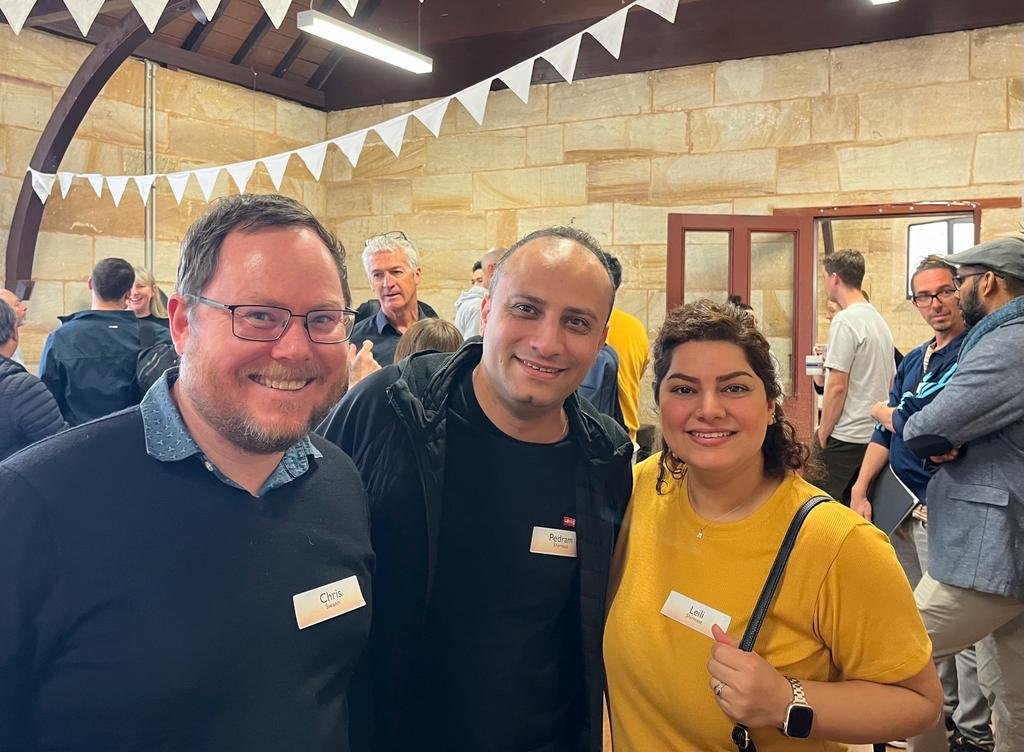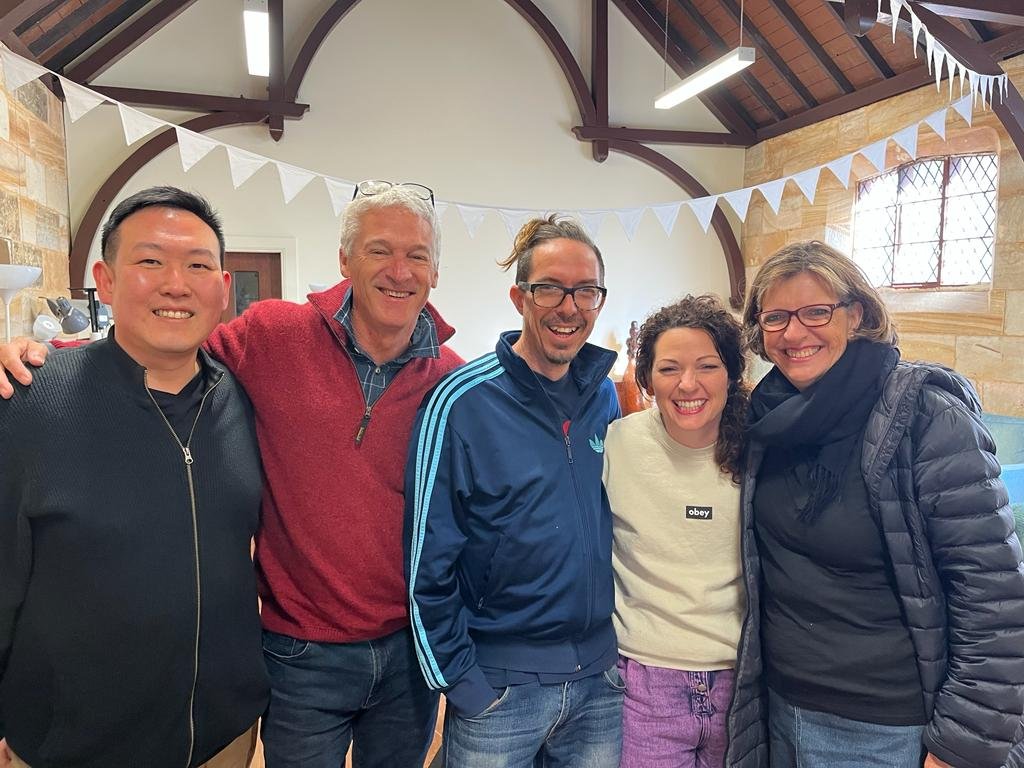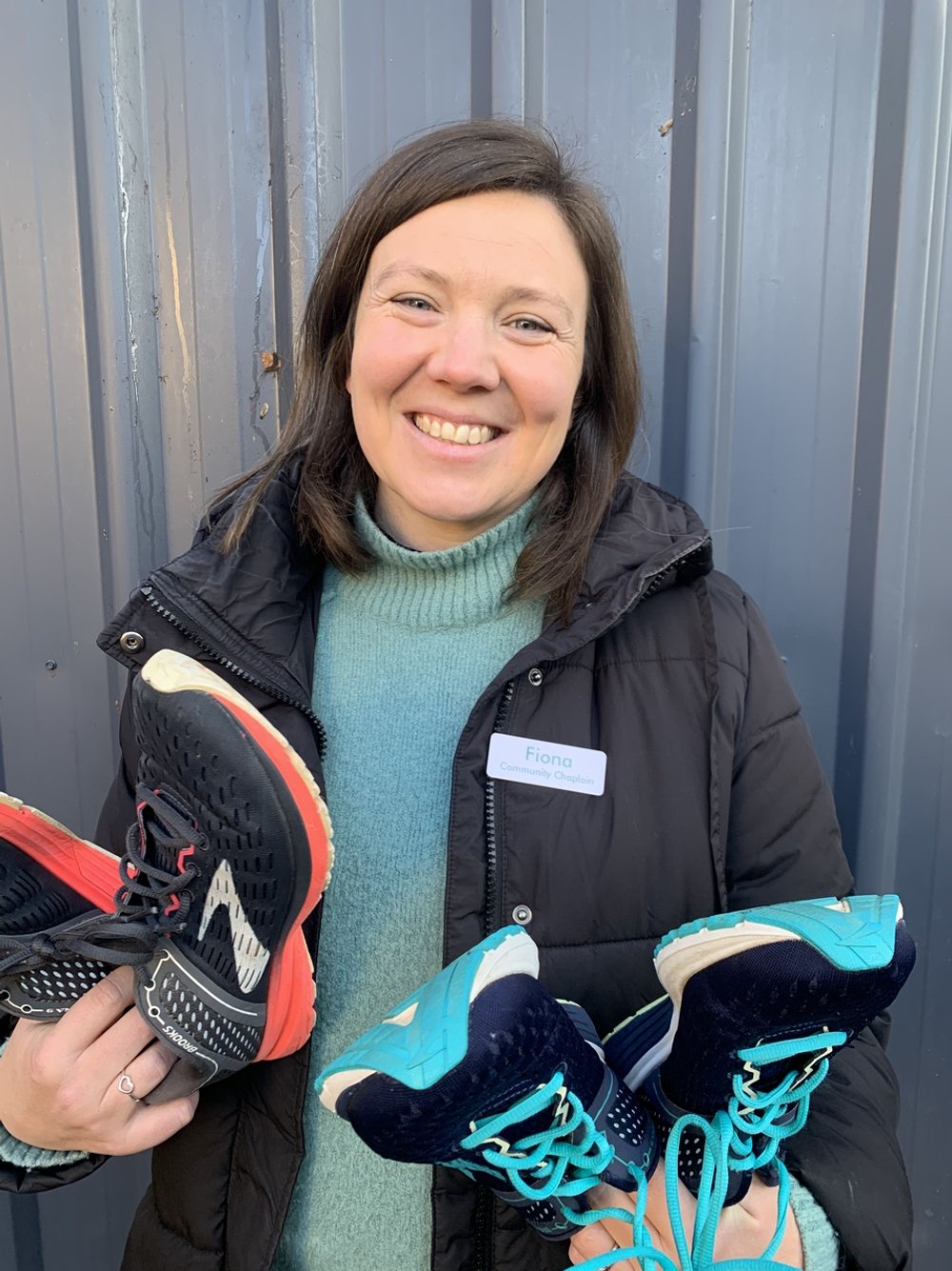Two things City to City cares deeply about are contextualising the gospel message and helping people live their Christian lives in an integrated way. But we didn’t invent these emphases — or introduce them to Australia. Let me tell you about an Australian master of contextualisation and integrative ministry, who (if you’re lucky) you see all the time.
This is David Unaipon. Not his real last name. David was born in 1872 on the Point McLeay Mission in South Australia. He was a Ngarrindjeri man. His Dad was James Ngunaitponi, but his name was Anglicised to ‘Unaipon.’
David’s life was constricted by racism. His very name was taken from him. Two generations earlier, David’s grandparents had been involved in keeping Charles Sturt alive as he explored South Australia. Now a few generations on, David is living on a mission. It was one of the better ones, run by well-meaning people, but the Ngarrindjeri lands were cleared for grazing, hunting was outlawed, and David’s people were corralled into a 110 hectare plot of land.
But David wouldn’t have let you hear this as a total disaster. David’s dad had become a Christian in 1862 on that mission. He became an excellent evangelist. He toured all over South Australia preaching the gospel in language to indigenous folk, and he took his son along with him.
David was swept up in his dad’s preaching and became a Christian himself as a boy. The two of them would talk about the relationship between Christianity and indigenous spirituality and custom. They were well ahead of their time in terms of preaching Christ with local culture in view.
James and David were steeped in their cultural stories and became adept at helping their own people embrace the gospel. They looked for the bridging moments where they could say things like, “Our stories make us wonder if love can survive justice. Jesus is where they come together.”
David’s love for the Bible spilled over into other kinds of reading. He memorised the Pilgrim’s progress — the whole thing! He was fascinated by language and spoke far better English than most white Australians.
This then spilled over into science and inventing. People used to say of Australia that it “rides on the sheep’s back.” Prior to 1909 the only way to shear sheep was with scissor shears. It was hand-cramping, backbreaking and slow work. But David invented the mechanical shears that are essentially the same as the ones used on farms today. And that was just one of his inventions. There’s a PhD in working out David’s impact on the Australian economy.
Newspapers dubbed him ‘the black genius’ and ‘Australia’s Leonardo’. He was a polymath. He wrote books. He was the first to start writing Aboriginal Dreaming stories down to make them more widely understood. And he used his gifts and achievements not for his own advancement, but for that of his people – becoming an unofficial spokesperson for Aboriginal rights — and also for the advancement of the gospel.
Written by Steve Boxwell










